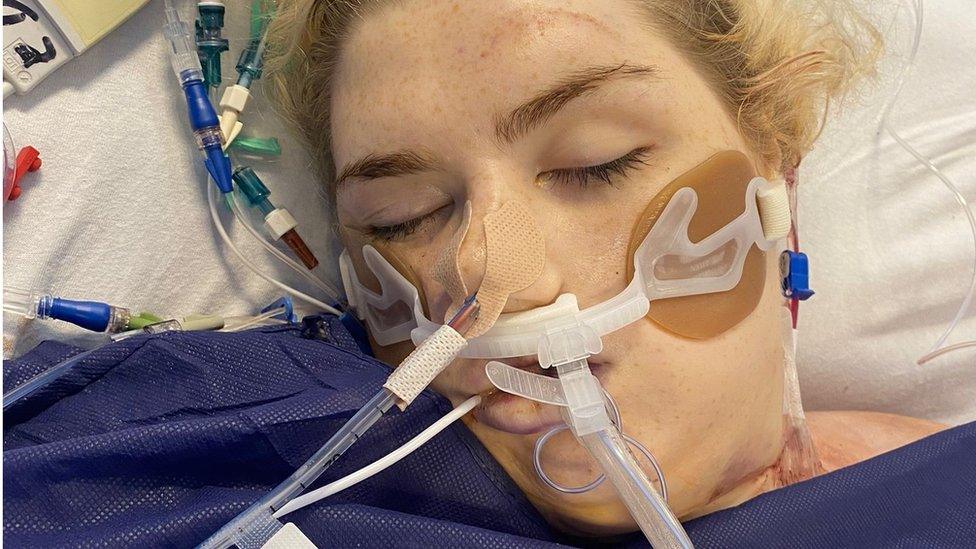Teens 'forced into sex and crime to pay off drug debt, says bereaved mum
- Published
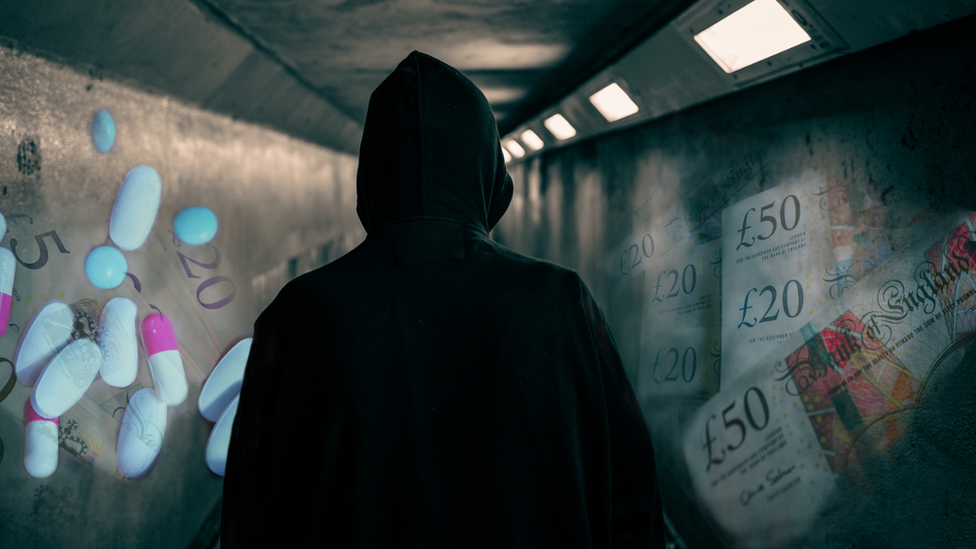
BBC Spotlight has been told teenagers are being exploited over drug debts
Young people in Northern Ireland are being forced into sex and criminality to pay off drug debts, a BBC Spotlight investigation has been told.
Academic and community sources have told of allegations involving rape and rioting in exchange for reduced debt.
In some cases, the acts can reportedly reduce the amount a person owes by £40 or £50.
The police said a multi-agency approach was needed to address the root causes and effects of drug use.
Nichola O'Connor, an addiction and suicide support worker in west Belfast, told the programme that teenagers are being forced into sex acts to pay off drug debt.
She said many of them are given an address and believe they will be given a deadline to pay the money, or be assaulted.
"Whenever they get there, they are discovering that they're there to pay through sex," she said.
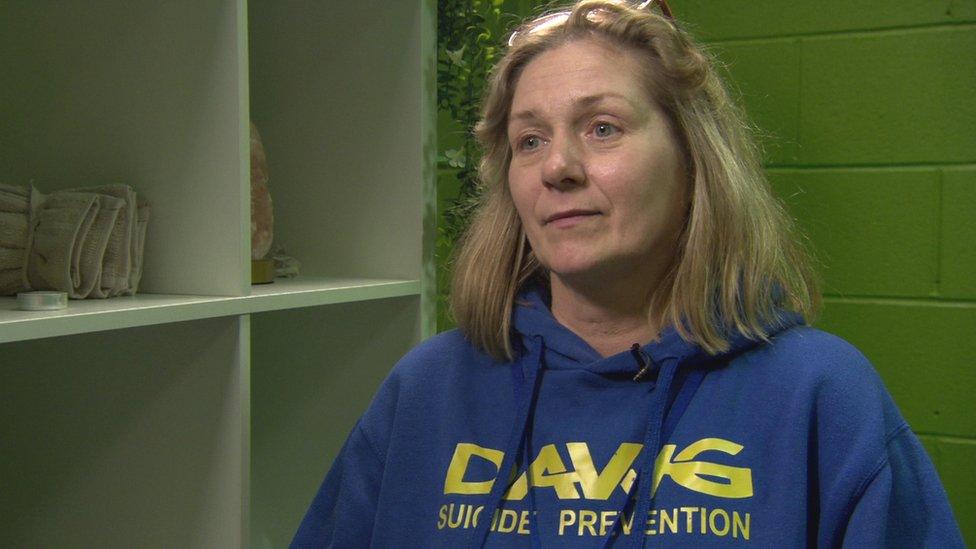
Nichola O'Connor helps other families impacted by addiction, mental health issues and drug debt
Ms O'Connor said she had also worked with children as young as eight who are accessing drugs in schools.
"The drug industry in the primary school is in between P5 to P7," she said.
"Then it goes up into secondary school, but all these dealers will have someone inside all these schools putting drugs out inside them.
"Dope seems to be the biggest one that they're actually coming from at that age, because it's coming more from smoking.
"Then they're starting to dabble in smaller, lower [level] tablets. Cocaine would normally be more in around teenagers and up."
Ms O'Connor's 18-year-old son Eamon took his own life in 2018 which she believes was partly due to him owing money to drug dealers.
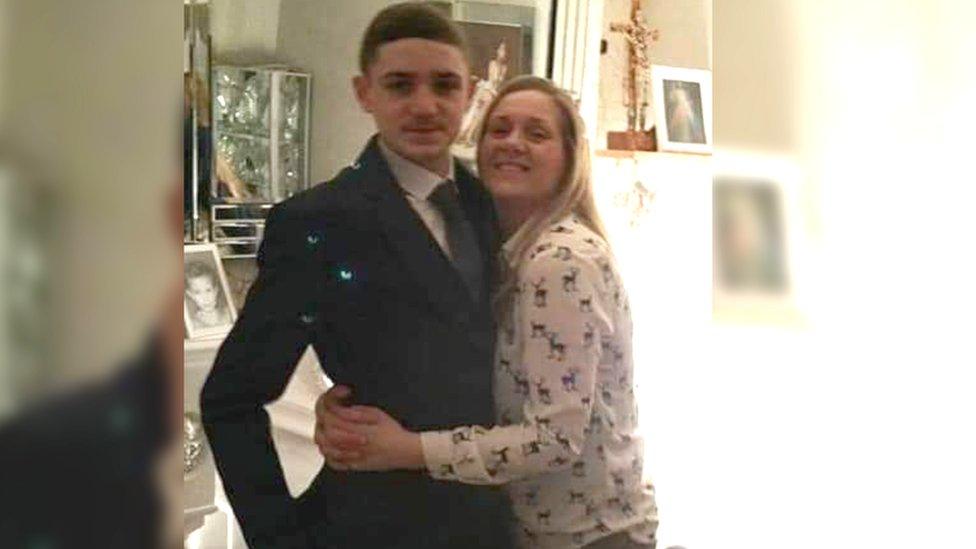
Nichola started a suicide prevention support group after her son Eamon took his own life in 2018
"No matter where he moved there was somebody meeting him, from morning to night, looking money off him," Nichola told the programme.
"If you didn't have money to give a dealer they would have held your possessions until you would have come back with the money.
"He had nothing else to pawn," she said.
Drugs and riots
Evidence submitted to the Northern Ireland Affairs Committee in January 2023 claimed some young people were coerced into rioting in a bid to clear debts.
In December 2023, the Independent Reporting Commission identified paramilitaries as central players in the drug trade, intimidating families and coercing children into criminal activities to pay off debts, including through sexual exploitation.
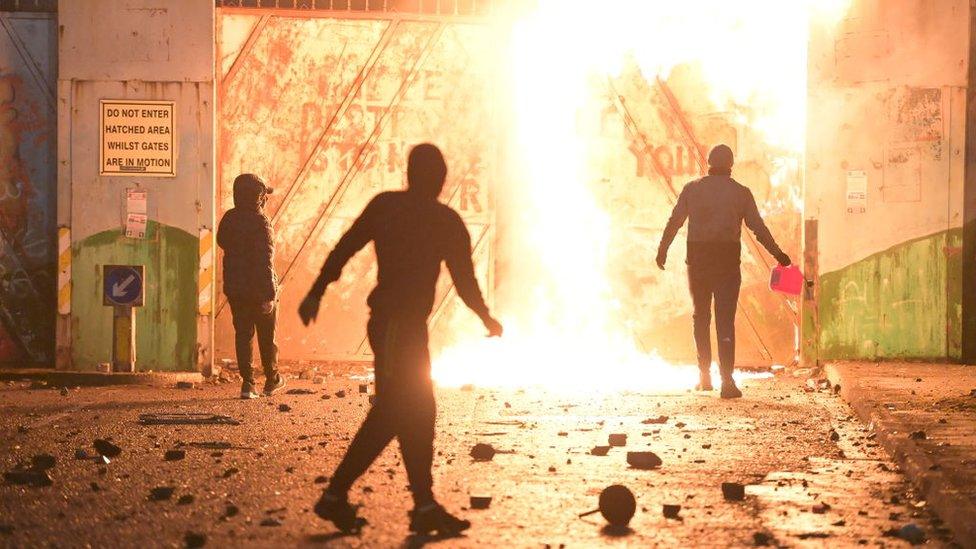
Riots at Lanark Way in Belfast in 2021 was among the worst violence seen in several years, according to the PSNI
Dr Colm Walsh of Queen's University Belfast was commissioned to study the cause of the Lanark Way riots in Belfast in 2021, and believes paramilitary groups and crime gangs use drugs to lure children into criminality.
"There's a really intimate connection between drugs and criminal exploitation," he said.
"Young people [are] being offered drugs as a kind of incentive, but also in supplying drugs to others as part of the criminal activity that they would be incited to engage in.
"Boys and young men were involved in very different behaviours than girls and young women. The focus tended to be on sexual activity for the girls."
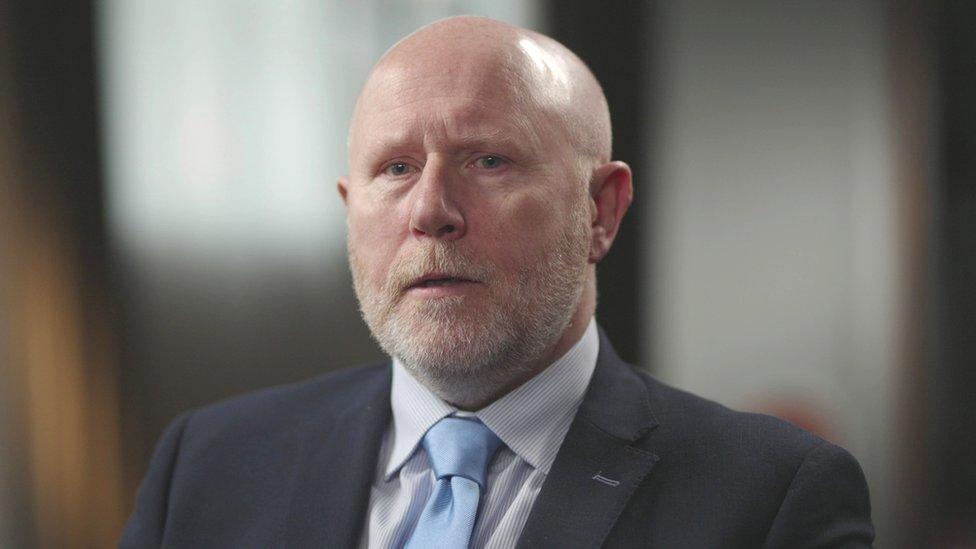
Roy McComb, former senior PSNI detective and former deputy director of the National Crime Agency (NCA)
Roy McComb, a former senior Police Service of Northern Ireland (PSNI) detective and former deputy director of the National Crime Agency (NCA), believes a multi-agency approach should be developed at Stormont.
"What organised crime has simply done is grafted itself on to the existing structures of paramilitaries," Mr McComb told Spotlight.
"There is a very rich opportunity for these major international crime groups to work within and alongside existing paramilitary structures.
"That's a really difficult and very dangerous situation for us to be in," he said.
"Instead of paramilitaries disappearing as we develop the peace process in Northern Ireland, it's simply enabling organised crime to take a deeper root in our country".
Det Ch Supt Emma Neill said: "We will robustly investigate the importation, supply and use of drugs, and will actively pursue those involved in drugs criminality, including organised crime groups and paramilitary groups.
"As well as a criminal justice matter, the issue requires a multi-agency approach to address the root causes and effects of drug use," she said.
"The police service is working with statutory partners to ensure the public understand the risks and dangers involved in obtaining and using illicit drugs".

If you're affected by any of the issues in this story, you can find support at the BBC Action Line

Drugs: In Debt & Danger is available now on the BBC iPlayer and will be on BBC One Northern Ireland at 22:40 GMT on Tuesday 27 February.
Related topics
- Published8 April 2021
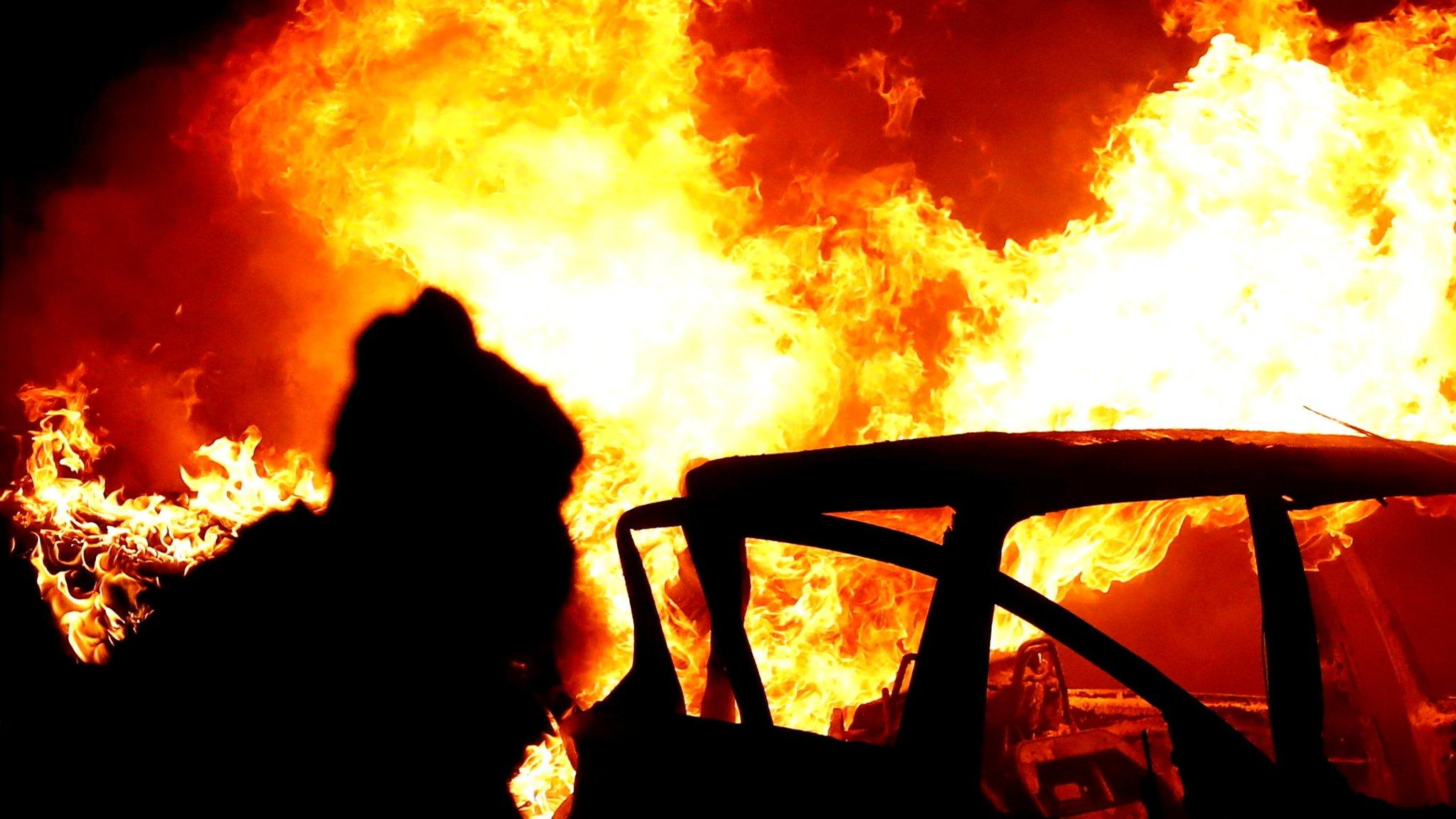
- Published17 June 2023
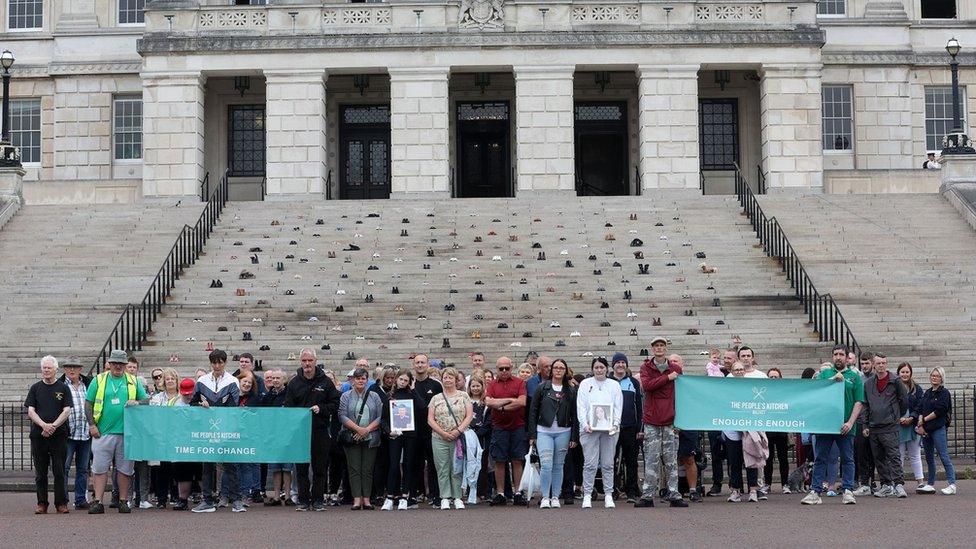
- Published19 September 2023
